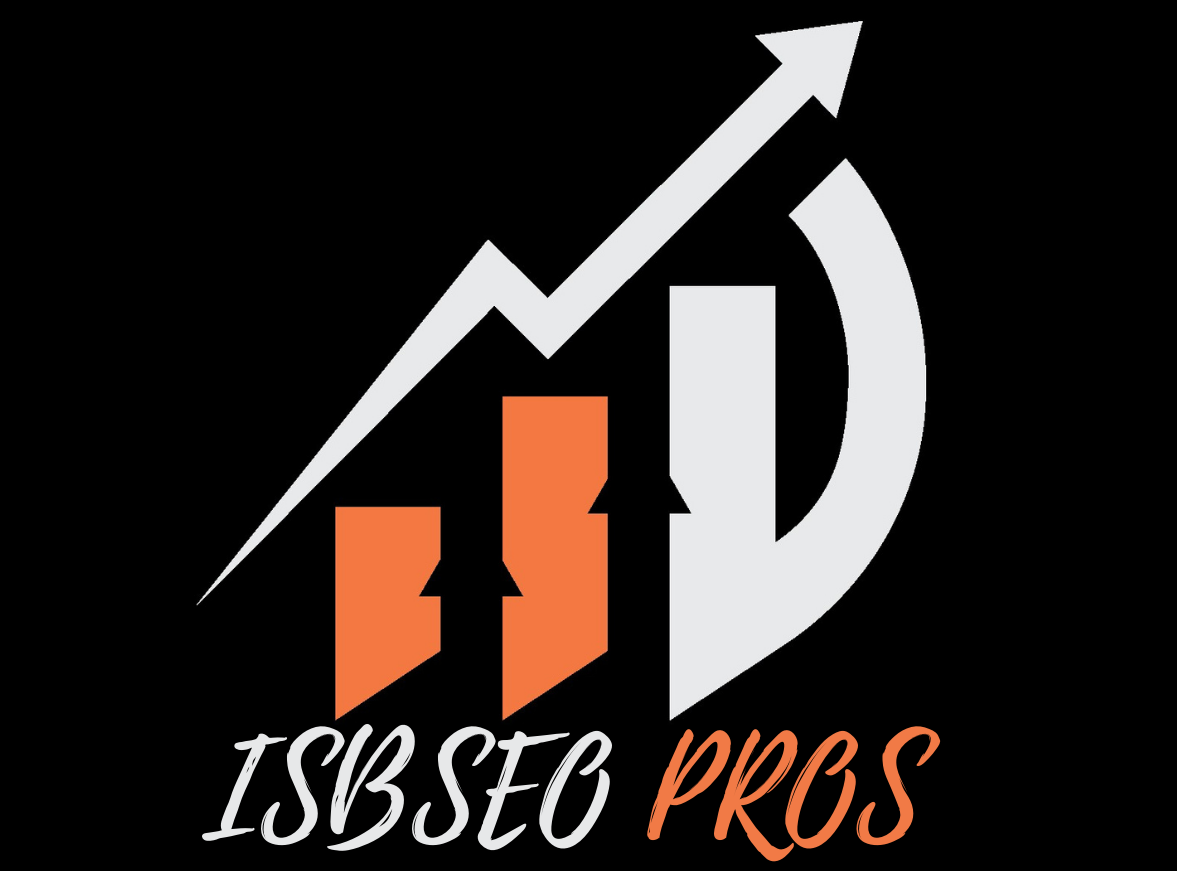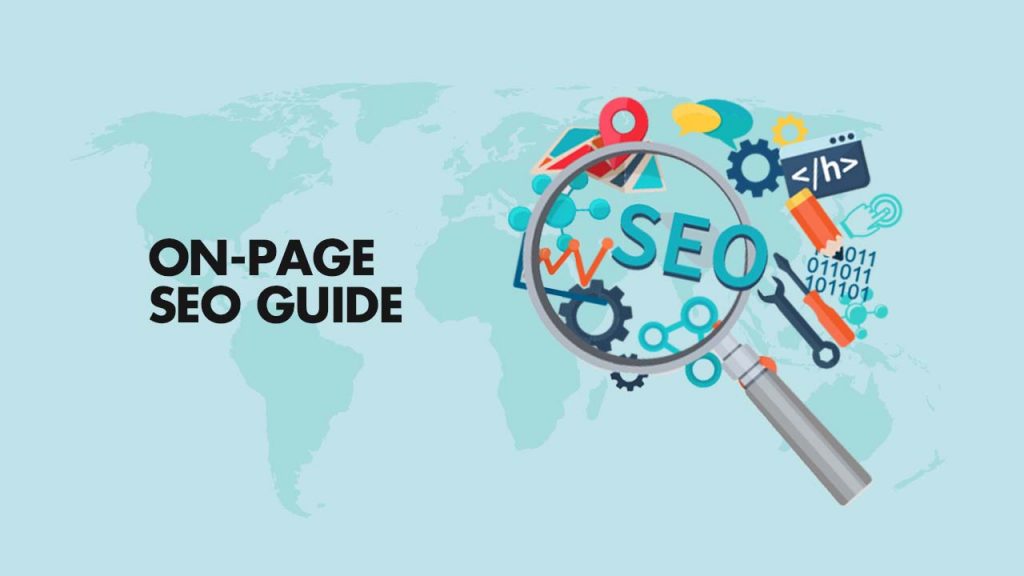Search engine optimization (SEO) is an important part of any website’s success. On-page SEO is a subset of SEO that focuses on optimizing elements within the website itself to improve its ranking in search engine results. It involves making sure the content and code of a website are optimized for both humans and search engine crawlers.
Headings & Titles
Headings & Titles is an important topics when discussing on-page SEO, or search engine optimization. On-page SEO refers to the techniques used to improve a website’s ranking in search engine results pages (SERPs). By optimizing titles and headings for keywords, websites can increase their visibility in SERPs. Headings and titles should be written with clarity and accuracy to ensure that readers understand the content of a page at first glance.
Titles are typically found in the HTML title tag of a web page, while headings are visible within the body of text. While both elements play an important role in improving a website’s ranking on SERPs, titles are especially crucial as they are displayed prominently as links on SERPs. It is important for titles to accurately reflect what is on the webpage and also include relevant keywords so that more people will click through to it.
Content Optimization
Content optimization is an important aspect of on-page SEO and can make the difference between ranking at the top of search results or falling behind your competitors. Content optimization involves creating content that is relevant to the topic or keyword you are trying to rank for and making sure it is optimized for both readers and search engines. By applying some basic principles such as using keywords, adding meta tags, optimizing images, and structuring content in a logical order, you can significantly improve your chances of getting your content seen by more potential customers.
Effective content optimization should also take into the account user experience. Your on-page SEO efforts won’t be successful if readers don’t find your website easy to navigate or if they become bored with the same old information.
Using Keywords
Using Keywords is the basis of any successful on-page SEO strategy. Search engines look for relevant words in website content to decide what information is most important and should be seen at the top of search engine results pages (SERPs). Knowing how to use keywords effectively can help your site rank higher in SERPs, giving your website more visibility and potentially more customers.
When it comes to keyword selection, you should choose words that are related to your business or service, but also relevant to the general public. You want people searching for those terms to find your website first. It helps if you can come up with a list of specific phrases that describe your business – these will be the keywords you’ll target when optimizing for on-page SEO. Here is SEO Service to help you with it.
URL Structure
When it comes to on-page SEO, URL structures are a key factor in improving your website’s visibility and ranking. A good URL structure is one that is both user-friendly and search engine friendly. It should consist of the domain name followed by relevant keywords that accurately describe the contents of each page on your website. Additionally, URLs should be kept short with no more than three levels.
On-page SEO also requires keyword optimization within the content itself; however, having an organized and optimized URL structure can greatly improve your chances of appearing higher up in the SERPs (Search Engine Result Pages). When creating a new web page or post, always double-check to make sure its URL is descriptive and structured correctly.
Internal Linking
The success of any SEO strategy relies on a combination of both on-page SEO and off-page SEO. Internal links provide several benefits for websites. For one, they create a logical structure that makes it easier for visitors to get from one page to another without having to return to the homepage. As a result, visitors can find what they’re looking for more quickly and consume more content on your website. Additionally, strategic internal linking allows search engines to easily crawl and index your content, making it more likely that you will appear higher up in the SERPs (Search Engine Results Pages).
Conclusion
The conclusion of this article explains why on-page SEO is so important in today’s digital landscape. On-page SEO focuses on optimizing content for both search engine algorithms and human readers, helping to create a better user experience. It helps businesses appear more prominently in the organic search results and drives more qualified leads to their website.
In order to get the most out of your website’s search engine optimization efforts, it’s essential that you have an understanding of on-page SEO principles. This includes researching target keywords, optimizing titles, meta descriptions, and URL structures as well as ensuring that headings are properly optimized and internal links are used appropriately. By following these best practices, businesses can ensure they get the maximum benefit from their online presence by driving more qualified traffic to their website.

